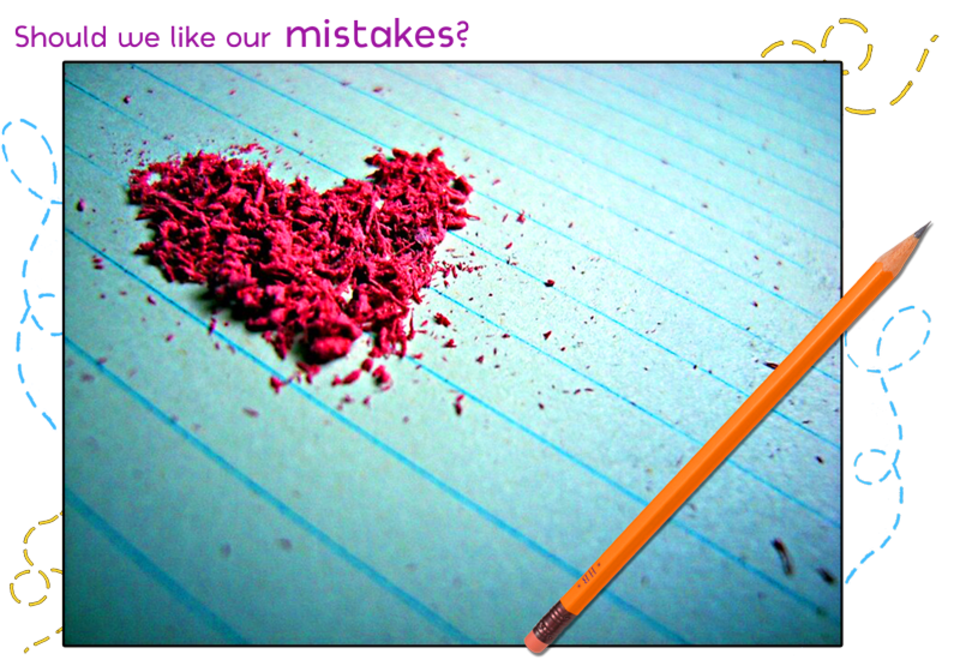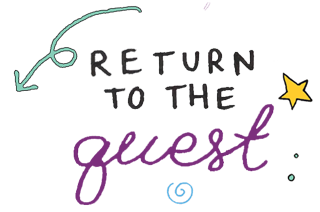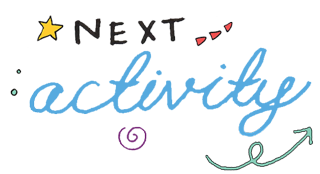
The CV of errors
| Objective: To share your creative thoughts on the concept of error with other Philoquesters by making a CV of errors! |
Duration: 15 to 45 minutes
Material:
- Sheets of paper
- Coloured pencils and markers, eraser
Instructions:
A CV (or résumé) is a document that is usually used to showcase our skills and accomplishments to convince someone to hire us for a job. We usually only want to talk about what we have done well so as to seem impressive! But in this activity, you will turn this approach upside-down by instead making a CV of your errors and what you learned from them!
...
Think about your errors. Take a moment to think about the errors you have made in your life. You may have made these mistakes at home, at school, with friends, during an activity, etc. Then think about what you learned from each of these errors.
Write your CV. Imagine a funny fake name and address (for example: Miss Take, 123 Blunder Boulevard, Neglectown) and write them at the top of a sheet of paper. Then choose at least three errors that you feel comfortable sharing and write them down as a list. Below each error, write how you bounced back from it and what you learned from it... or how it really frustrated you!
Think about your CV. Now ponder these questions: Can you really learn without making errors? Are there mistakes that you have to make? Are there errors you can't learn from? Why or why not? Write your ideas on the sheet, then take a picture and send it with your first name and age to ipcj@philo.umontreal.ca so that we can share your position with other Philoquesters!
...
Bonus: Some people say we have "the vices of our virtues"—that is, the same positive personality trait can seem problematic in certain situations. For example, trusting people too easily can lead us to being naive, while having strong motivation can allow us to perform well but also make us overly competitive. If you'd like, you can write a cover letter to introduce yourself as you would do if you were applying for a job, describing some of your personality traits that are both qualities and flaws. Finally, think about these questions: Do you think it is possible to have only qualities and no flaws? Is it possible to like or even love someone else's flaws? Can you justify everything by saying "this is my flaw—that's just the way I am?" Why or why not? |

| Tricks for tots: If you prefer, you can draw a situation in which you made a mistake that you thought was serious... but that was actually not so serious. Making a picture of the situation and how you reacted. What did you learn from this error? Is it possible to learn without making mistakes? Are there error that can't be fixed? Why or why not? |
| Tips for teens: To take your thinking one step further, ask yourself the following questions: What is the difference between an error and a failure? Is it possible to fail if you haven't really tried to do something? Who decides what is a failure? Why? |
Share your creative reflections by sending them via email.
Include photos of your projects and notes of your thoughts, as well as your first name and your age!


